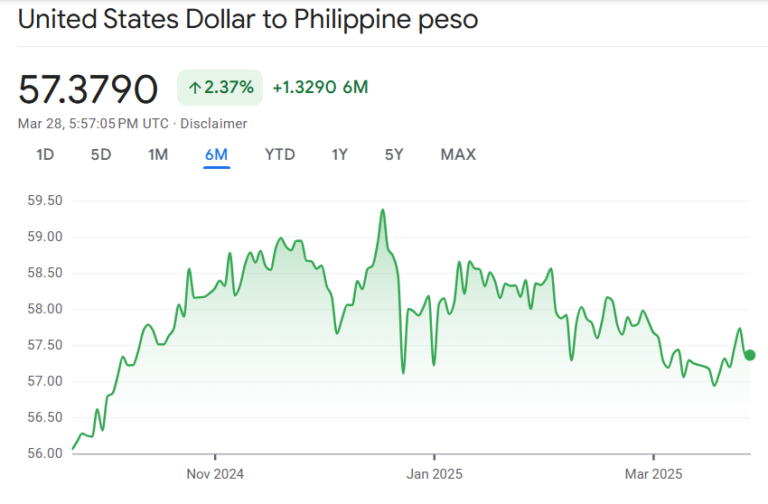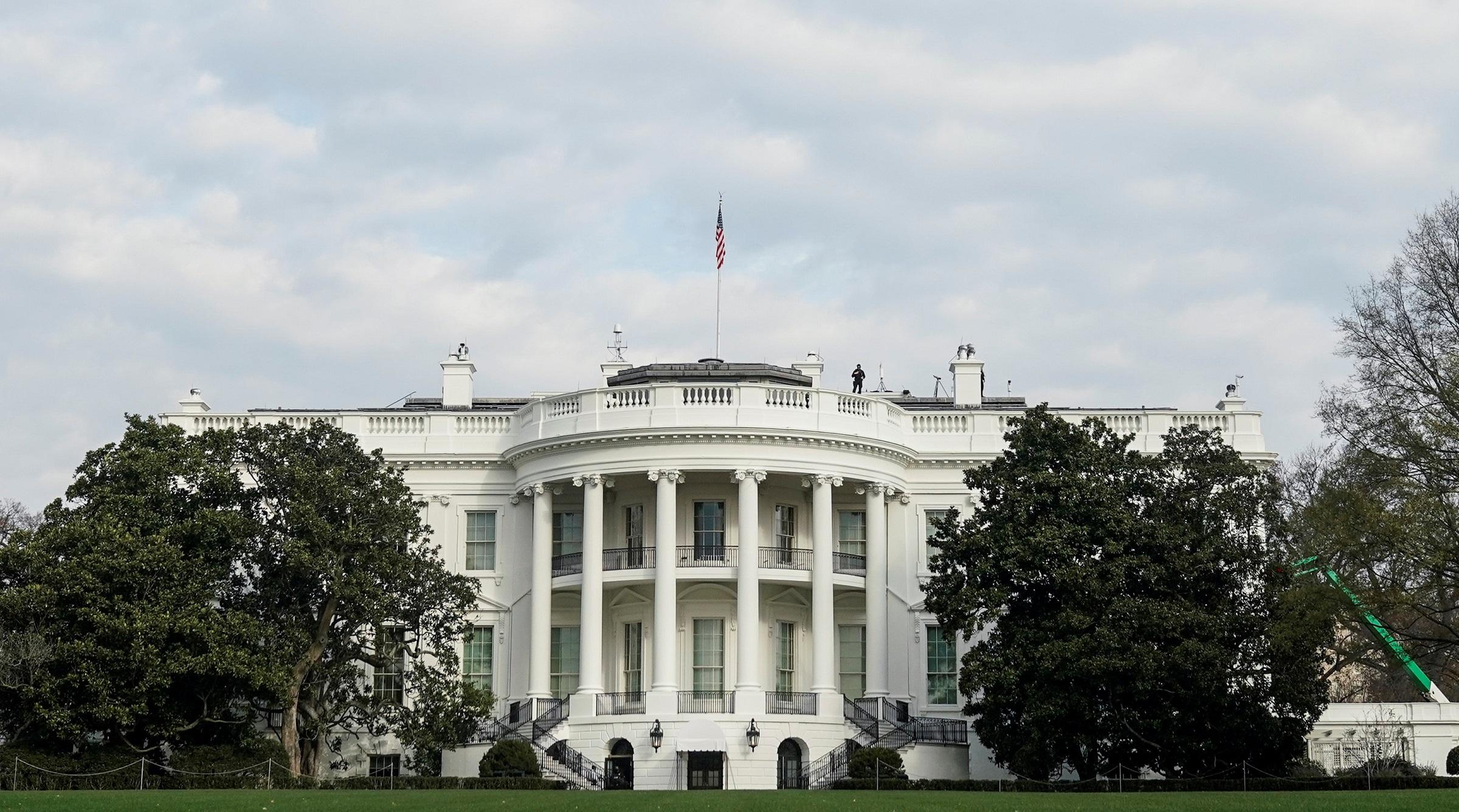WASHINGTON, D.C. – A shocking mistake by top U.S. officials led to the accidental disclosure of classified war plans for an attack on Yemen’s Houthi rebels. The information was mistakenly shared in a private Signal chat group that included a journalist from The Atlantic, just hours before the attack took place.
How Did It Happen?
On March 13, Jeffrey Goldberg, editor-in-chief of The Atlantic, was unexpectedly added to an encrypted chat group called “Houthi PC small group.” The chat included high-ranking officials such as:





In the chat, Hegseth reportedly posted details about the targets, weapons, and attack timeline, all of which were intended to be top secret. This information should never have been shared in a non-secure channel—especially with a journalist present.
What Happened Next?
Two days later, on March 15, President Donald Trump launched large-scale military strikes against the Houthis in response to their attacks on Red Sea shipping. He also warned Iran—the Houthis’ main supporter—to stop backing them immediately.
But the leak sparked outrage in Congress, with lawmakers calling it a serious breach of national security.
Reactions & Fallout



A Huge National Security Concern
The use of Signal—a non-government encrypted app—to discuss highly classified military operations has raised serious legal questions:


What’s Next?


This could be one of the biggest intelligence leaks in recent history, putting national security at risk—all because of a messy group chat mistake!

















